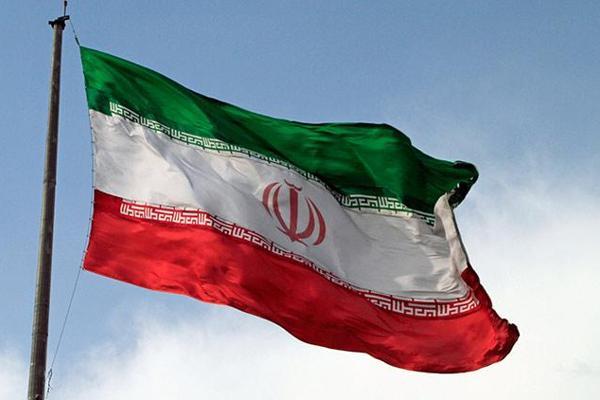Iran dismisses nuclear programme criticism: ambassador
TEHRAN


A top Iranian diplomat insisted Wednesday that the Islamic republic was willing to cooperate over its atomic programme, even as western powers slammed a "dangerous nuclear escalation".
In a weekend trip, International Atomic Energy Agency (IAEA) head Rafael Grossi received Iranian assurances on its intentions following the discovery of uranium particles enriched to near weapons-grade level.
"There are many things to do in the coming weeks and months toward addressing issues of common interest, for that Iran is very much willing to work with Rafael Grossi," Mohsen Naziri Asl, Iran's representative to the IAEA, told AFP.
"We should avoid confrontation and rather work very responsibly together," he added.
He declined to give details, including on Grossi's announcement that surveillance cameras at several nuclear sites would be reconnected.
In a statement to the IAEA board of governors meeting this week, France, Germany and the UK spoke of Iran's "unabated and dangerous nuclear escalation".
"This unprecedented enrichment at up to 83.7 percent U-235 is an extremely grave escalation," they said.
The US also called the discovery of the particles "an alarming development" with 83.7 percent being just under the 90 percent needed to produce an atomic bomb.
"Iran must ensure that such an incident never occurs again," said Laura Holgate, the US Ambassador to the IAEA.
"Unfortunately, too many times in the past, Iran has issued similarly vague promises for cooperation in order to avoid international censure, only to never follow through."
Iran denies wanting to acquire atomic weapons, and says it had made no attempt to enrich uranium beyond 60-percent purity.
On-off talks between Tehran and world powers to revive a 2015 landmark deal have stalled since last year.
The deal collapsed after Washington withdrew from it in 2018 and reimposed sanctions, while Tehran in turn started to step up its nuclear programme again from 2019.
